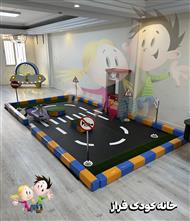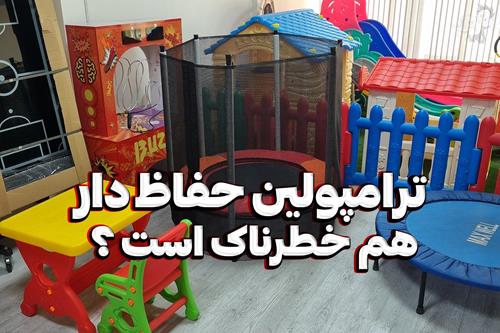
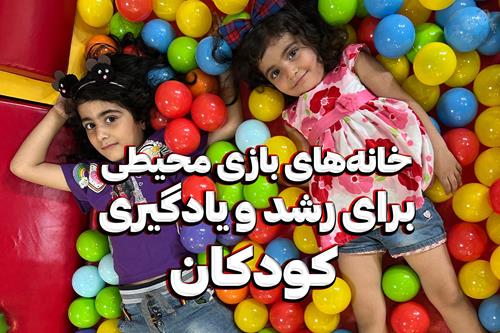
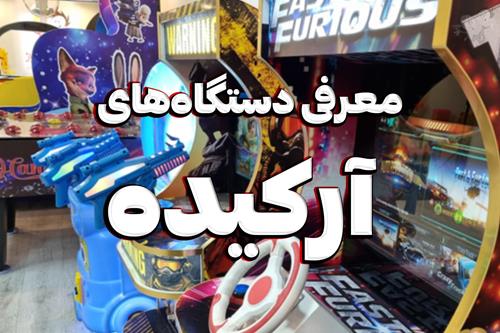

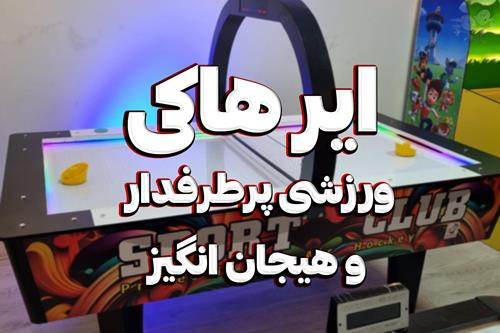
Air hockey on the table is an exciting and fun sport

Introducing the game Hand Speed or Handix

The prominent role of video game consoles in the evolution of amusement parks
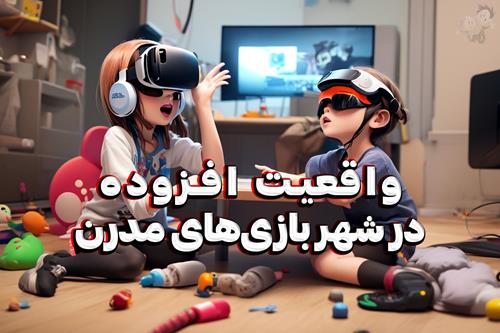
Augmented reality in the city of modern games
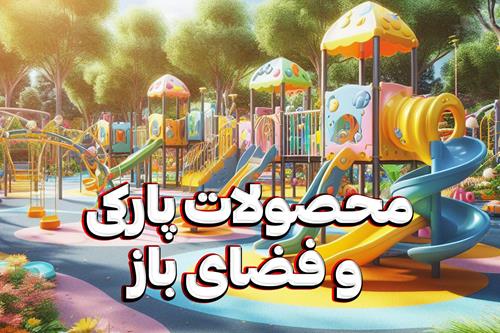
Park and outdoor products - beauty, safety and entertainment in the field of playground equipment
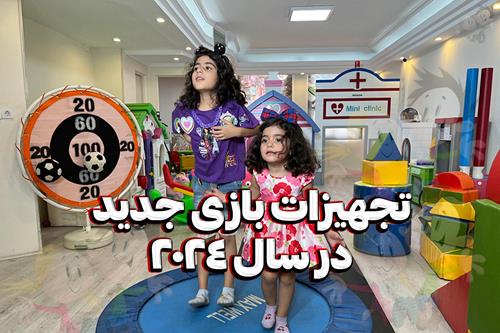
New playground equipment, a look at the latest technologies in 2024
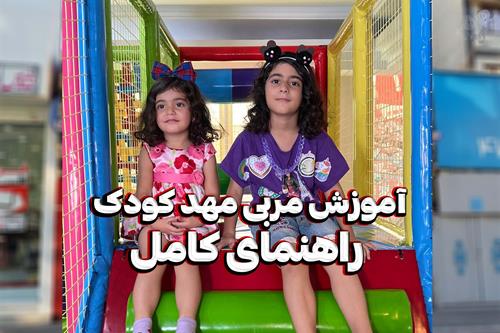
Kindergarten teacher training complete guide
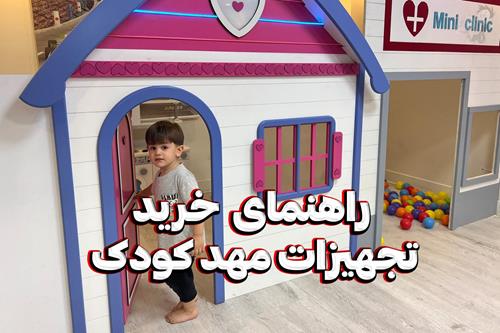
Kindergarten equipment is a complete guide to providing a safe and educational environment for children
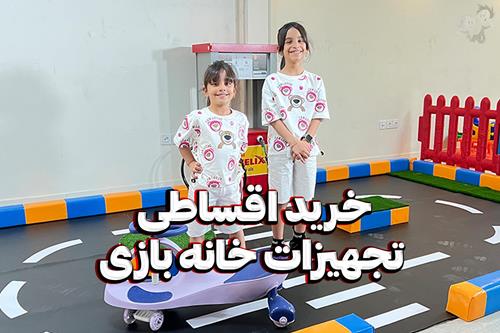
Installment purchase of playhouse and kindergarten equipment, advantages and disadvantages
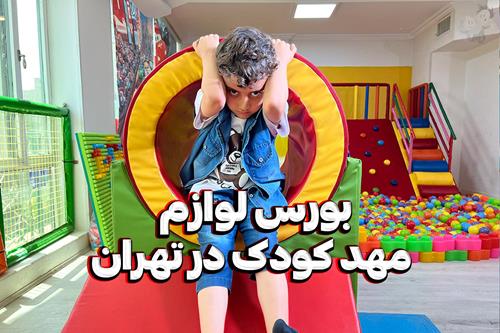
Kindergarten supplies exchange in Tehran
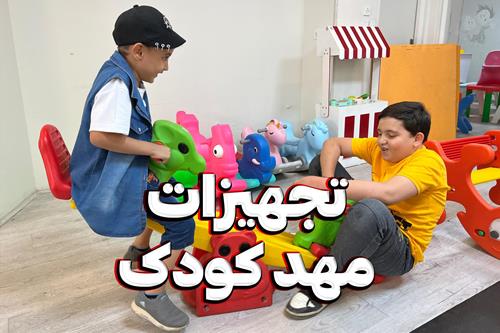
Kindergarten equipment and supplies
6 Autism Early Intervention Activities for Babies
no equivalent
Experts have discovered that daily playful interactions with 9- to 12-month-old babies can help reduce autism symptoms and boost any child's development.
Every parent has wished for a crystal ball to look into and see a healthy baby. And any parent who's worried about what their child's life with autism might look like has probably longed doubly for this glimpse into the future. The reason is clear: We don't know much about what causes autism, and early symptoms can be so subtle that they're easy to miss. "Many parents may miss signs such as not pointing, mimicking, or making eye contact," says Dr. Rebecca Landa, a parenting consultant and director of the Center for Autism and Related Disorders at the Kennedy Krieger Institute in Baltimore. This is one of the reasons why the average age of diagnosis is 4 years. As a result, most interventions do not begin until the child has difficulty in areas of development, such as communication and social skills.
But these days, some of the most advanced autism research focuses on interactions with 9- to 12-month-old infants, long before diagnosis is possible. "The baby's brain is creating new pathways and then getting rid of the pathways it doesn't need," says Damon Korb, a pediatric behavioral and developmental physician and director of the Center for Mind Development in Los Gatos, California. One theory is that children with autism have scrambled pathways that make their processing inefficient. But if you start these pathways as early as 9 months, you might help the brain make better decisions about pruning and keeping them.
It sounds complicated, but it's really all about the game. Interacting with your baby in specific ways can increase his ability to communicate and connect with the people around him. Although these methods may seem simple, their impact can be profound. "Some atypical autism behaviors may not develop or become less pervasive," says Dr. Landa. "You can help your child become more socially engaged and encourage language development." In a small study by Dr. Landa, infants whose parents tried home interventions before age 1 had milder autism symptoms at age 3. to receive an autism diagnosis, as they continue to help increase your child's language and social skills and strengthen your bond.
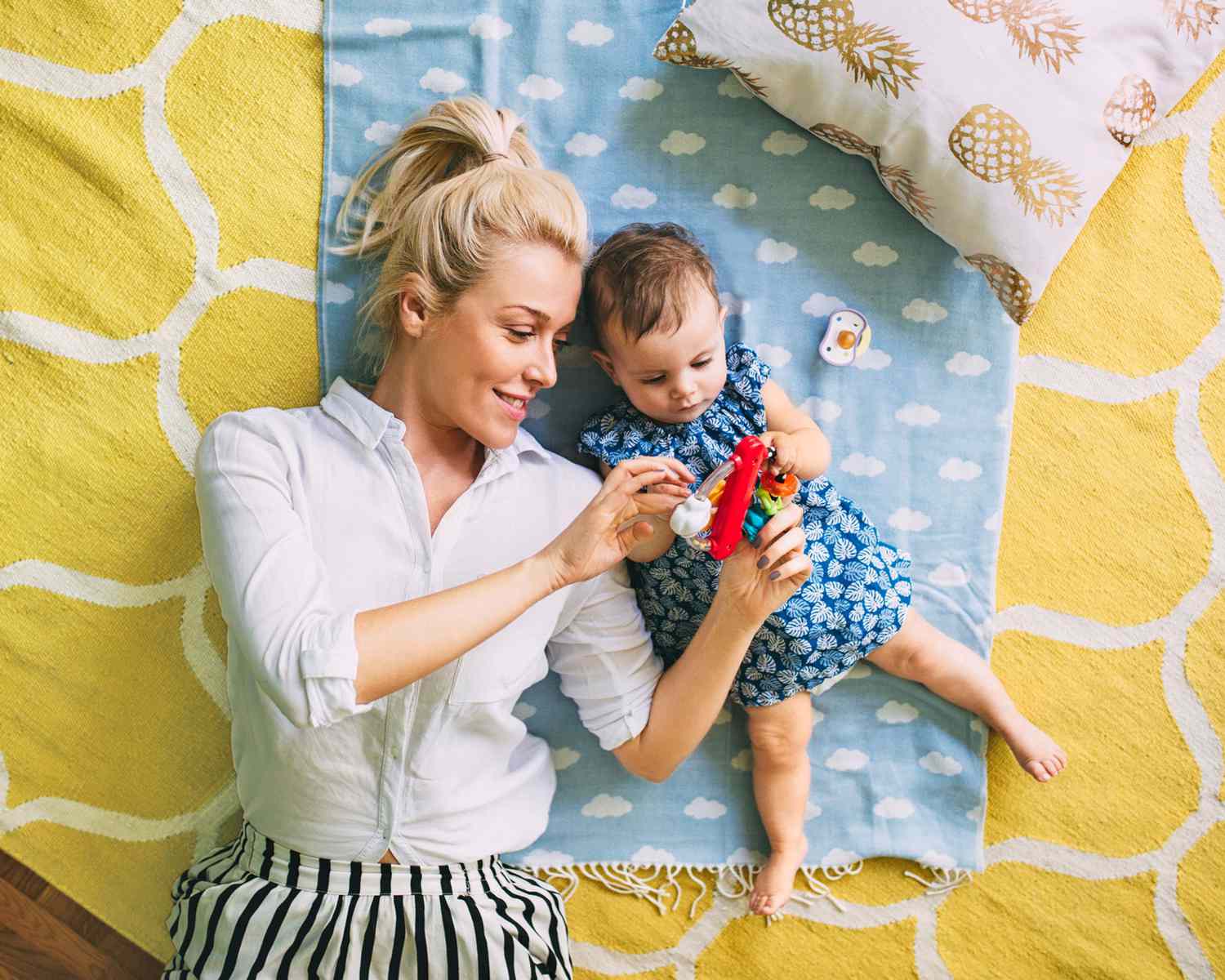
Babies with autism are less likely to initiate play. They may be quieter or appear self-satisfied. "Most young children are curious about other people and try to imitate them," says Lisa Shulman, MD, a pediatrician and interim director of the Rose F. Kennedy Center for Pediatric Assessment and Rehabilitation at Montefiore Medical Center in New York City. But if a child has autism, he may not be as curious or inclined to imitate. That's why it's important to take the lead if you have a passive child.
The bottom line: You can play an important role in your child's development by using a few strategies while having fun together. "We forget how powerful our interactions can be," says Dr. Landa. (And if you're reading this and you're worried it's too late for your older child to benefit from this kind of play, rest assured that there's still plenty of work to do to help him get an autism diagnosis — pediatricians and other professionals (They can work closely with you.) Use this guide to include as many helpful games as possible in your child's day.

imitate
If your baby shakes a rattle, shake one too. If they rumble, then chew. "Imitation is one of the main ways babies learn about the social world — we learn how to behave by watching others do things," says Geraldine Dawson, PhD, of Duke University's Center for Autism and Brain Development. Our brains have circuits designed for imitation, but this part of the brain does not function normally in children with autism. When you copy your child, it helps him see a connection between what he's doing and what you're doing, which can stimulate important neural circuits.
Show excitement.
Suppose you are playing with a pop-up toy. Whenever a face appears, look into your little eyes and show your surprise and happiness. "Sharing the joy helps your baby learn how to make sense of what's going on in his environment," says Dr. Shulman. It's also the best way to encourage what experts call joint attention skills—when your child directs your attention somewhere. While it develops in most babies around one year of age, it is not a natural skill for those with autism. "If your child is playing with a block, point it out and tell them how excited you are about it," says Dr. Dawson. "It shows them that you are aware of what they are playing with and that you can enjoy things together."
Follow your child's guidance.
You may have a preconceived idea of what playtime looks like (stacking cups! smashing blocks!), but find what makes your child happy and engage them with that. "Let them show you what they're into," says Dr. Dawson. If they're playing with a coaster or tissue roll, don't try to get them to read - sit on the floor and marvel at the coaster with them. "For a baby who may be developing autism, you want to enter their world and make it fun," says Dr. Dawson. "Letting them lead things helps you make sure they enjoy their playtime."
Always sing.
Children who are later diagnosed with autism may not have the same language skills as other children. Fortunately, you can help fix that by changing your tune. "Songs turn routine moments into opportunities for communication, and because the words are attached to a melody, it's easier for your baby to relate to them, especially when there are gestures that go along with what you're singing," says Dr. Shulman. be." Changing diapers? Chant "head, shoulders, knees and toes" as you touch each part of the body. Giving them dinner? Sing about vegetables.
take a turn
"One of the early signs that a child has autism is that he doesn't initiate communication, so you want to help your child understand that this is something he can do," says Dr. Shulman. You may not have an actual conversation, but you can still introduce the concept that you do something first, then they do it, over and over again. Many classic games involve taking turns, such as peekaboo and rolling the ball back and forth. This can be as simple as clapping your hands and then encouraging your child to clap.
Be in the spotlight.
A child who may have autism struggles to understand that people are more important than things, says Dr. Korb. To help your child distinguish people from things, make yourself a sight. "If you walk into a room and they're sitting there, talk to them and be super interesting," says Dr. Korb. You can do a funny dance or speak with emphasis. Another way to encourage them to look at you is to put yourself front and center when you feed them or read to them. "Position yourself so that your face is directly in your baby's line of sight," says Dr. Dawson. For a baby who is less interested in looking at people, you want them to associate pleasurable activities like eating with your face. They'll know you're part of the experience."
Author and translator: Ali Asghar Alizadeh
Source of website www.parents.com
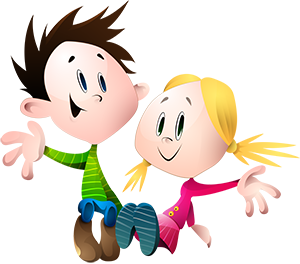



 Category
Category
